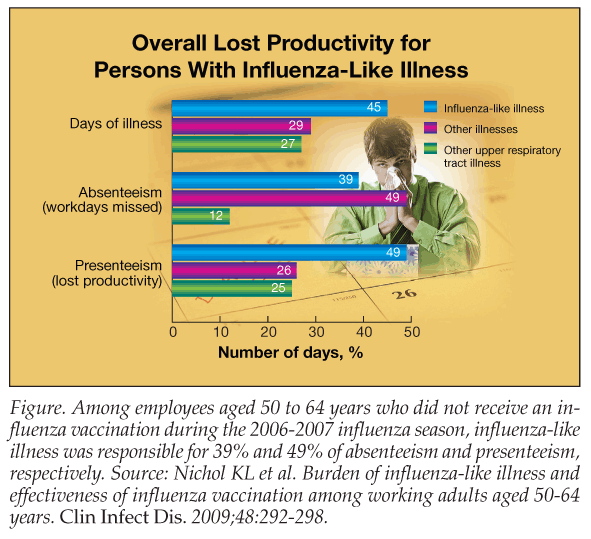- Clinical Technology
- Adult Immunization
- Hepatology
- Pediatric Immunization
- Screening
- Psychiatry
- Allergy
- Women's Health
- Cardiology
- Pediatrics
- Dermatology
- Endocrinology
- Pain Management
- Gastroenterology
- Infectious Disease
- Obesity Medicine
- Rheumatology
- Nephrology
- Neurology
- Pulmonology
Retailers Urged to Promote Flu Vaccination Rather Than Antibiotics
Supermarket pharmacy retailers, including Giant Food, Stop & Shop, Publix, and Wegman’s Food Markets, are offering frequently prescribed antibiotics, such as amoxicillin, bacitracin, and penicillin, at no charge. While the programs are intended to provide customers economic relief during the cold and influenza season, the Infectious Diseases Society of America (IDSA) is urging retailers to offer free influenza vaccinations instead. Because of a significant increase in anti-biotic-resistant infections, the IDSA considers the antibiotic giveaway counterproductive. Most concerning to the IDSA are promotions such as Wegman’s that link antibiotics to the cold and influenza season even though the drugs will have no effect on these viral illnesses and carry risks of adverse effects.
Supermarket pharmacy retailers, including Giant Food, Stop & Shop, Publix, and Wegman’s Food Markets, are offering frequently prescribed antibiotics, such as amoxicillin, bacitracin, and penicillin, at no charge. While the programs are intended to provide customers economic relief during the cold and influenza season, the Infectious Diseases Society of America (IDSA) is urging retailers to offer free influenza vaccinations instead. Because of a significant increase in anti-biotic-resistant infections, the IDSA considers the antibiotic giveaway counterproductive. Most concerning to the IDSA are promotions such as Wegman’s that link antibiotics to the cold and influenza season even though the drugs will have no effect on these viral illnesses and carry risks of adverse effects.
“Lowering customers’ health care costs is an admirable goal. But singling out antibiotics for promotion when we are facing a crisis of antibiotic resistance is the wrong way to do it,” said IDSA President Anne Gershon, MD. “We are concerned that these pharmacy marketing efforts will encourage patients to ask for antibiotics prescriptions. On the other hand, free influenza vaccinations could make a real contribution to public health,” she added.

Influenza vaccination can also improve workplace productivity. Persons aged 50 to 64 years who received influenza vaccine during the 2006-2007 influenza season experienced a 45% decrease in the risk of influenza-like illness (ILI), according to researchers led by Kristin L. Nichol, MD, MPH, MBA, chief of medicine at the Minneapolis Veterans Affairs Medical Center and professor of medicine at the University of Minnesota at Minneapolis. The team also found that among persons in this age group, influenza vaccination reduced by more than 60% illness days, absenteeism (workdays missed), presenteeism (lost productivity), and days spent in bed. Persons aged 50 to 64 years who did not receive influenza vaccine self-reported that ILI was responsible for 45% of all illness days, 39% of absenteeism, and 49% of presenteeism (Figure). Findings of the study were published in the February 1 issue of Clinical Infectious Diseases.
“The prevention of ILIs can have a huge impact on the health and work productivity of adults aged 50 to 64 years. It is a win-win for the worker with fewer illnesses, days of illness, and days in bed, and for the employer with improved worker productivity,” said Nichol.
The annual economic burden of influenza in the United States is estimated to be $87.1 billion, of which $10.4 billion is attributed to direct costs and $16.3 billion is attributed to lost earnings (because of illness and loss of life), the study authors noted.
